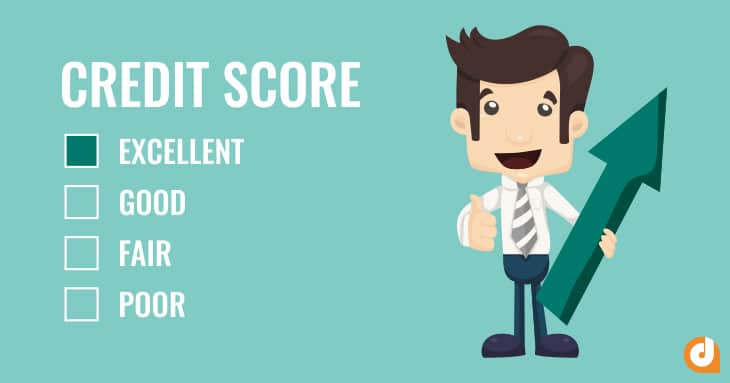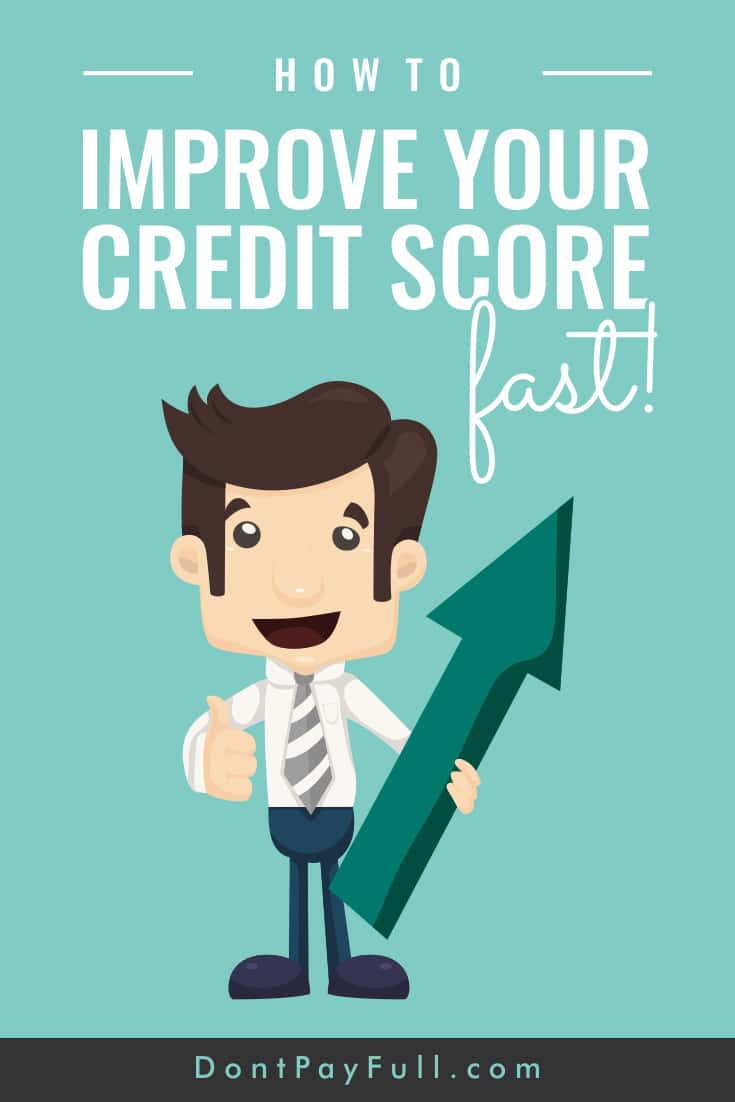Having a good credit score isn’t just important for the times you need credit – it also impacts on your ability to get a rental apartment or even a job. If you’ve been working in cash up till now, you probably have a really bad credit score (Yes. It’s unfair, but that’s just how it is), and if you’ve defaulted on one or two accounts, things don’t look too good for you. How can you improve your credit score?
The trick is to show your money management savvy. That could even mean having lines of credit you hardly use and never use to the max. That takes self-discipline, so be ready to make some really strong resolutions.
Here’s how to boost your credit score as fast as possible.
1. Start with a baseline
To begin with, you need to see your credit reports from the three most important credit-rating bureaus. You can get them at one go by visiting AnnualCreditReport.com. One report a year is absolutely free, and if you want to check your progress after the first quarter of your credit rating improvement drive, the fee is relatively small.
2. Check for errors
Yes, mistakes do happen, and they can have a serious impact on your financial life. That’s why it’s so important to check your own credit reports. If you find any errors, get them removed from your credit record as a matter of urgency.
3. Negotiate with creditors who reported you
For one reason or another, you weren’t able to meet a financial obligation, and there it is, large as life on your credit record! Correspond with your creditor in writing, asking for a settlement deal that will see them reporting that your account has been paid as agreed. If you were reported during a bad patch but were a reliable payer before that, you have even more bargaining power.
3. Check that your available credit reflects correctly
A credit card provider could have increased your credit limit or you have a new line of credit that doesn’t reflect on your credit report. Make sure that it’s correct. The bigger the margin between the credit you can get and the credit you are actually using, the better.
4. No credit card? Get one!
Here’s where the discipline comes in. You will use your credit card, but you won’t max it out. In fact, if you can pay down the full balance every month, that’s even better. If you can’t get a regular credit card, try for a secured credit card, and if even that fails, see if a friend or family member will allow you to be an authorized user on their credit card.
It’s a big ask, so your friends might say “no”, but if you’re a responsible person who just lacks a credit history, your chances are better. Now don’t betray the trust reposed in you, and pay your share promptly.
5. Use a small amount of your total credit only
Ideally, you should be using only 10 percent of your total credit. For a good credit score, try not to exceed 30 percent. This confirms that you aren’t living on debt and bumps up your credit rating nicely.
6. Look to boost credit limits
Since your creditworthiness is determined by how much of your credit you use, increasing the limit automatically improves your percentage – but it isn’t going to work if you go on a spending binge as soon as you have more credit available.
7. Don’t close cards you don’t often use
Again, you’re looking to maximize the total credit available to you without spending too much. Put one monthly bill onto the card you don’t use much to keep it active.
8. Take out other lines of credit (if you can pay)
Clothing and furniture store accounts count towards your credit score as do personal loans. However, be sure that you can pay your bills, or this step will hurt rather than help your credit score. In addition, be aware of the direct cost you in terms of interest, and balance costs and benefits.
9. Timely payment builds your financial reputation
Self-discipline is the key to an improved credit score. Pay all your bills in time, or even before they are due. Automate payments if you’re inclined to lose track of time.
10. Be aware of statement closing dates too
The amount of credit you’re employing is calculated at statement closing dates, and that’s way before the account due date. If you can make a dent in the amount you owe before closing date, it doesn’t appear on your statement, and it doesn’t form part of your credit score calculation.
11. Leave good debt on your record after it’s paid
Good debt is debt that you managed responsibly. Having a record for paying off your debts as agreed is in your favor!
Like this article? Pin it!





